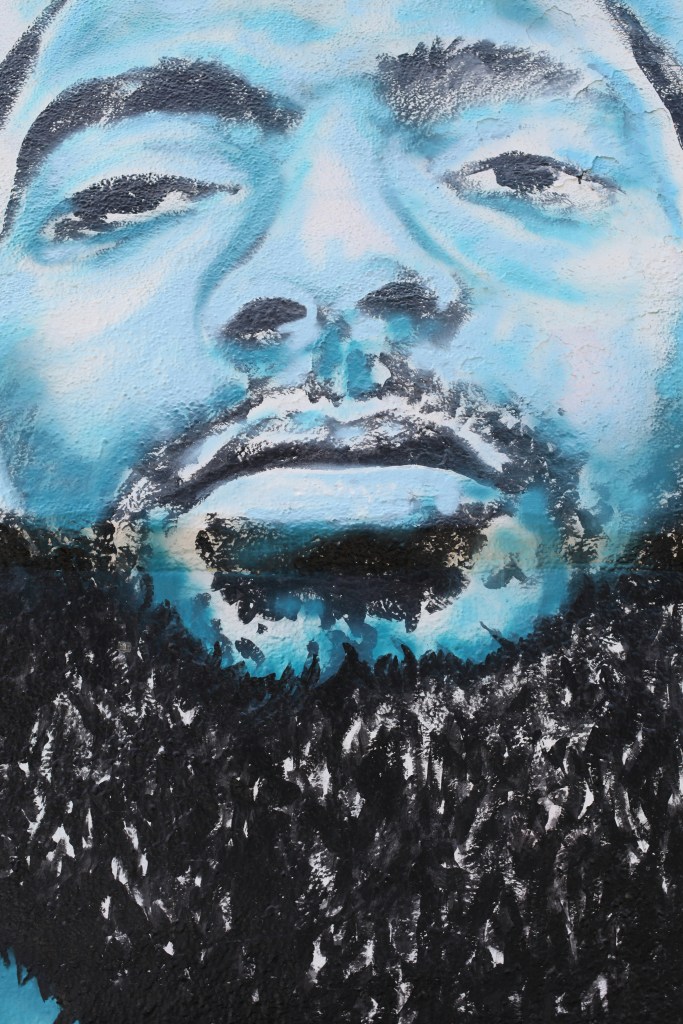This is an edited transcript of a conversation I had with Cheyne McClung, three days ago. The views and feelings expressed are Cheyne’s and he has given me permission to publish his words and photo.

The diagnosis of MND (Motor Neuron Disease). Was a death sentence. It snuck up on me. It took away things. Previously taken for granted. My ability to walk. My ability to work. Can’t hold my baby. Can’t breathe. Need BiPAP. 24/7. Hard to talk.
What did I do. To deserve this? Everyone said, “Nothing.” “It’s bad luck.” I know it’s. Not my fault. But I didn’t expect. Cruel and unusual. Punishment. MND has taken. So much. The worst is. I can’t go home. That’s where I. Want to be.
They ask me. About treatments. What if I get? Infections. What do I want? I want to live. As long as possible. To be with my. Little girl. She needs special care. Birth injury. I’m missing out. On too much. Her smiles. Trying to crawl. Chances to connect. Running out.
They decided. I can’t go home. Need too much care. They decided I need. Care facility. Hope it is. Close to home. They haven’t found one. It’s been weeks. No-one wants me. My case too. Complicated. I know that. People can do BiPAP. Without healthcare training.
They discriminate against me. I’m 37. MND doesn’t care. How old I am. Would they take me? If I was 65? Don’t get it. Care needs the same. Regardless of age. I’m paralysed. Can only move. My neck a bit. No place wants me. Hospices admitted me. For three weeks. Only. Then what? Give me hope. Then take it away. The uncertainty. Is too much. No one wants me. I’m trapped in. Too hard basket. Solitary confinement. In body shell.
Need escape plans. I don’t want to. Die. But if no. Quality of life. Then better off. Dead. I could stop eating. Not treat infections. My lung specialist. Said he could. Make me comfortable. Then stop BiPAP. All over. All done. Gone. Not yet. Only if. No quality of life.
Will anyone listen? Does anyone care? “Please. I just want. To spend time. With my baby girl. Closer to home. Can anyone help me? Please. Don’t make me beg.”









